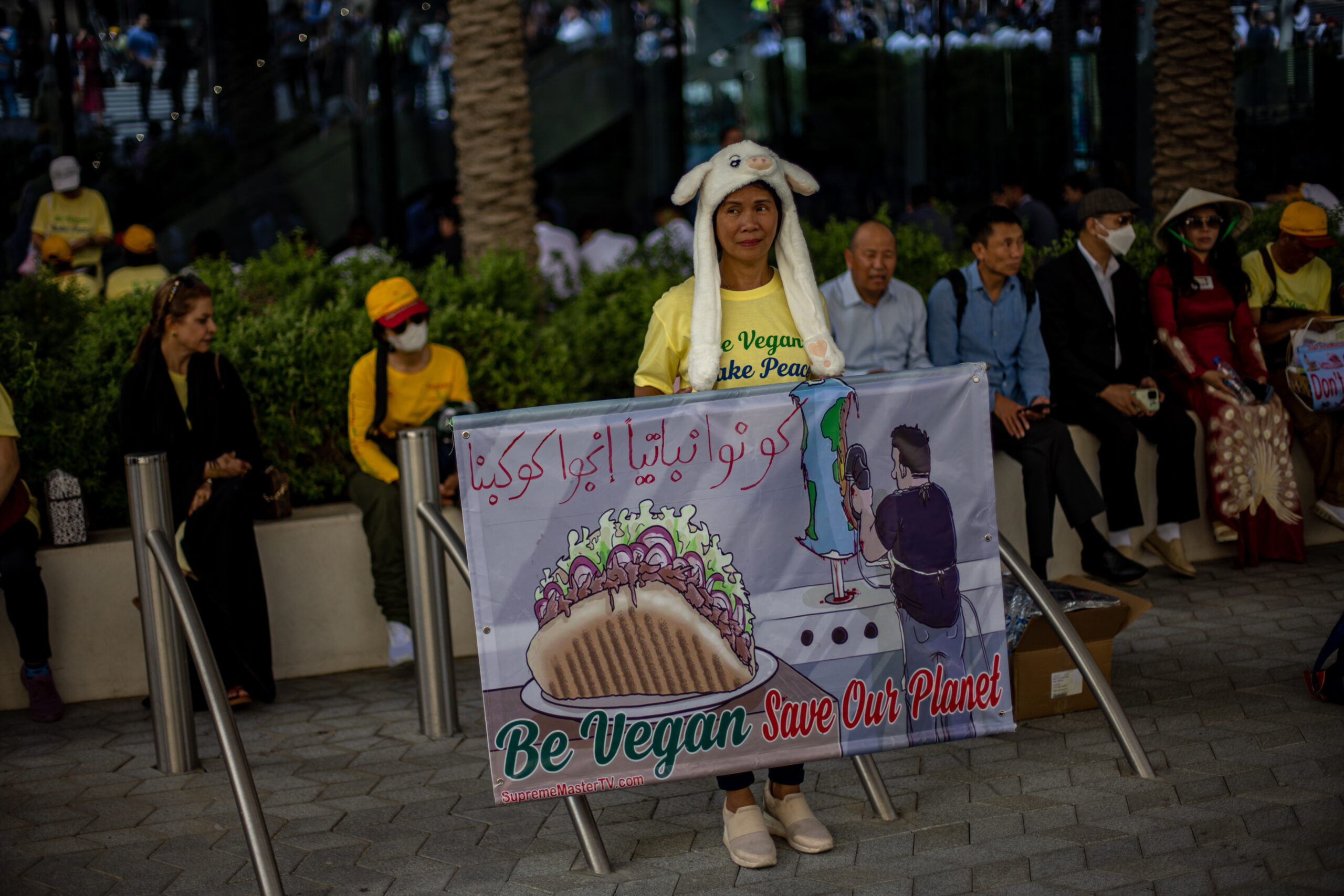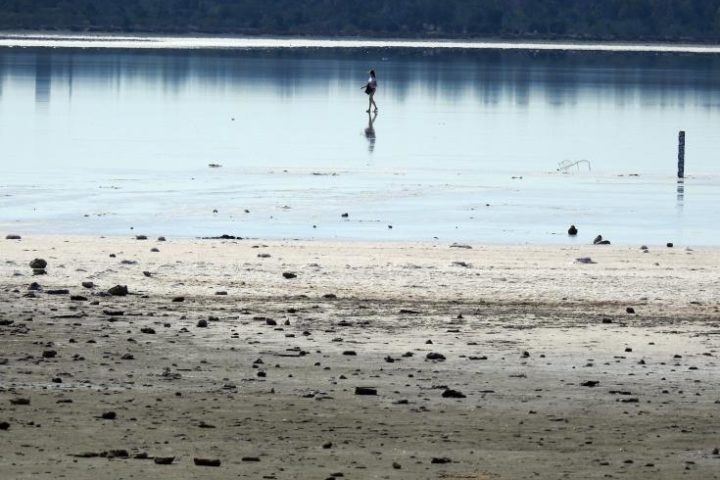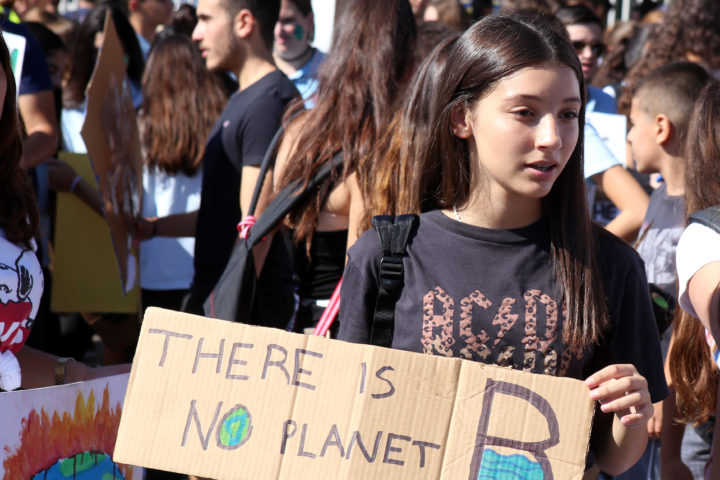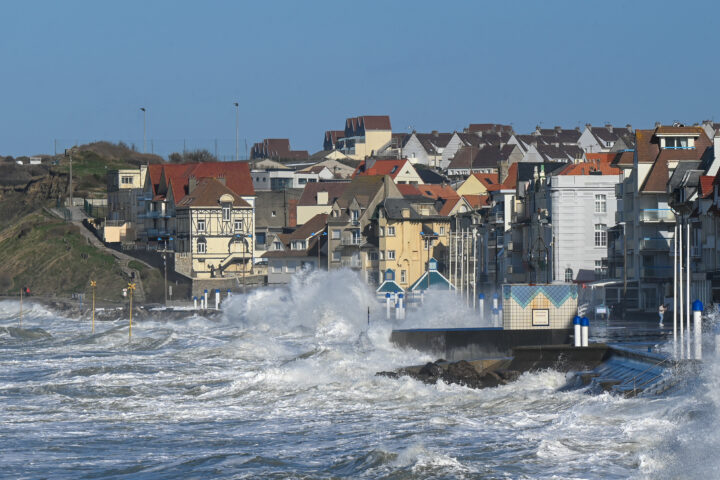The COP28 climate summit is finally upon us.
It kicked off Thursday in Dubai, and over the following 12 days, it is expected to set the direction for how the world will tackle and contain the impact of climate change over the rest of this decade.
The COP28 summit will be the first formal assessment of countries’ progress towards the Paris Agreement’s target to limit climate change to 1.5oC of warming – known as ‘Stocktake’ – and it is expected to be intense and contentious.
The biggest issues likely to occupy centre stage at COP28 are drastic cuts in emissions, the role of fossil fuels, the responsibility of developed countries to aid developing countries with the cost of energy transition and climate change adaptation.
The strongest message that will set the tone in Dubai came from Antonio Guterres at the UN General Assembly in September.
Citing extreme weather-related events this year, such as wildfires, floods, droughts and extreme heat, he said climate action is falling abysmally short.
But, China said it is unrealistic to completely phase out fossil fuel energy, even though it could support a renewable energy expansion target.
China’s views matter as they can help pave the way for a new climate agreement and block it.
The ultimate challenge for COP28 will be to strike a balance in facilitating a just, energy-secure, low-carbon future while simultaneously reducing emissions and driving economic growth.
Sultan Al Jaber, the COP28 president, said earlier in the year: “We cannot shut down the energy system of today before we build the new energy system of tomorrow that is equipped with zero-carbon emission sources.”
He also said, “The phase-down of fossil fuels is inevitable. It is, in fact, essential. But it cannot be irresponsible.
“We must manage this transition, ensuring energy security, accessibility, and affordability while also sustaining socio-economic development.
“The speed of the transition will be driven by how quickly we phase up zero-carbon alternatives.”
COP28 will be considered a success if it agrees to implement these key issues: tripling renewable energy capacity and doubling energy efficiency improvements by 2030, tackling methane emissions, an agreement on mechanisms to support clean energy financing in emerging countries and getting the loss and damage fund up and running.
However, there are deep divisions over how to combat global warming.
These are expected to overshadow the climate summit, challenging agreement on new climate targets.
And yet, alarming weather-related events this year, expected to be the hottest ever, show that the energy transition must be accelerated.
The need for progress has never been more urgent.
I am delighted to be participating in such a defining event.
I will be part of a ‘Think-Tank’ delegation to present a report on the ‘Energy Future in the Eastern Mediterranean’.
And I fully intend to report on the summit’s deliberations and decisions.
Dr Charles Ellinas is Senior Fellow at the Global Energy Center, Atlantic Council
X: @CharlesEllinas










